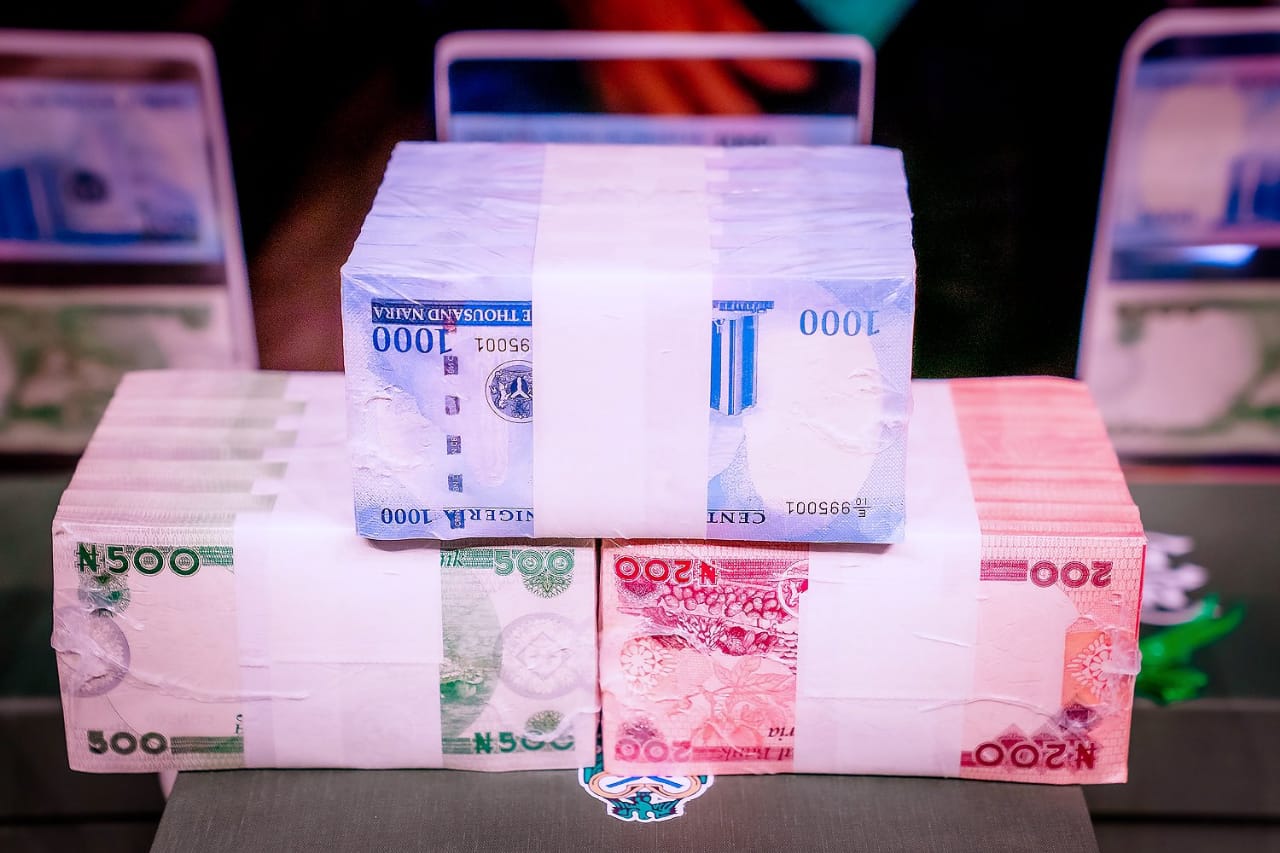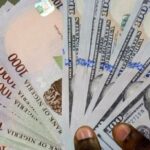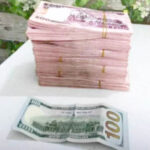The naira, Nigeria’s currency, is expected to come under pressure in the New Year, with the general election being one of the factors that will weigh down on its value. This is as currencies across the African continent are projected to experience varying degrees of depreciation in the year, with inflation and interest rate increases, and a weak growth outlook accounting for part of the pressure.
The naira weakened relative to the dollar, exchanging for 752 from 748 at last week’s close on the parallel market, as demand for foreign exchange picked up in the New Year.
This came also against the background of the World Bank’s downward revision of its growth forecast for the country to 2.9 per cent, from an earlier projection of 3.1 per cent. The bank cited continued weakness in Nigeria’s oil sector, where theft has deeply hurt production.
“With crude prices moderating and security issues persisting, the country’s oil production outlook remains challenging. We expect FX demand to weaken the naira in the near term further,” AZA Finance, Africa’s largest non-bank currency broker by trading volume, said in a note to its clients on Thursday.
CBN to sanction banks hoarding new naira notes
Bidding for Ronaldo-Messi prestige seat passes $2.6 million
In Ghana, AZA expects the cedi to decline under the combined weight of the country’s debt crisis, rising inflation and weaker growth outlook. The currency, which lost about 37 per cent last year, fell against the dollar to 11.02 from 10.20 at last week’s close, but AZA expects it to trade in the 11 to 12.5 range “in the coming week”. Ghana’s inflation rose to a record 54.1 in December, the seventh highest rate in the world, as investors continue to exit the market. The Bank of Ghana also raised the interest rate to 27 per cent last year. The government last month defaulted on its foreign debts, after announcing a restructuring of its local debts. The World Bank has forecast a 2.7 per cent economic growth this year.
In Egypt, the central bank devalued the pound, the third in less than a year, causing the currency to fall to 30.5 to the dollar, from 27.4 where it closed last week, according to AZA.
“The bank has committed to allowing the currency to float more freely and not to intervene in the FX market as part of a deal to unlock fresh IMF funding and to ease the impact of a dollar shortage in the country,” the currency dealer said.
Egypt’s annual inflation rose to a five-year high of 21.3% last month, from 18.7% in November, led by a sharp rise in food and beverage prices. The government plans to reduce fiscal spending and shelve infrastructure projects that consume large quantities of foreign currency. “We expect the pound to continue depreciating in the short term until those spending cuts take effect,” AZA said.
Right now, Zimbabwe’s dollar is the world’s worst-performing currency, after falling 521 per cent to an exchange rate of 689 per dollar from 111. Even so, AZA says the currency seems destined to fall further, with the country owing approximately $13bn to international financial institutions and ineligible for additional lines of credit from the IMF.
It noted that pressure on Africa’s central banks to raise interest rates continues into 2023 amid lingering inflationary strains. Defending currencies against depreciation adds to pressure for further rate hikes in the year ahead.

 Join Daily Trust WhatsApp Community For Quick Access To News and Happenings Around You.
Join Daily Trust WhatsApp Community For Quick Access To News and Happenings Around You.


